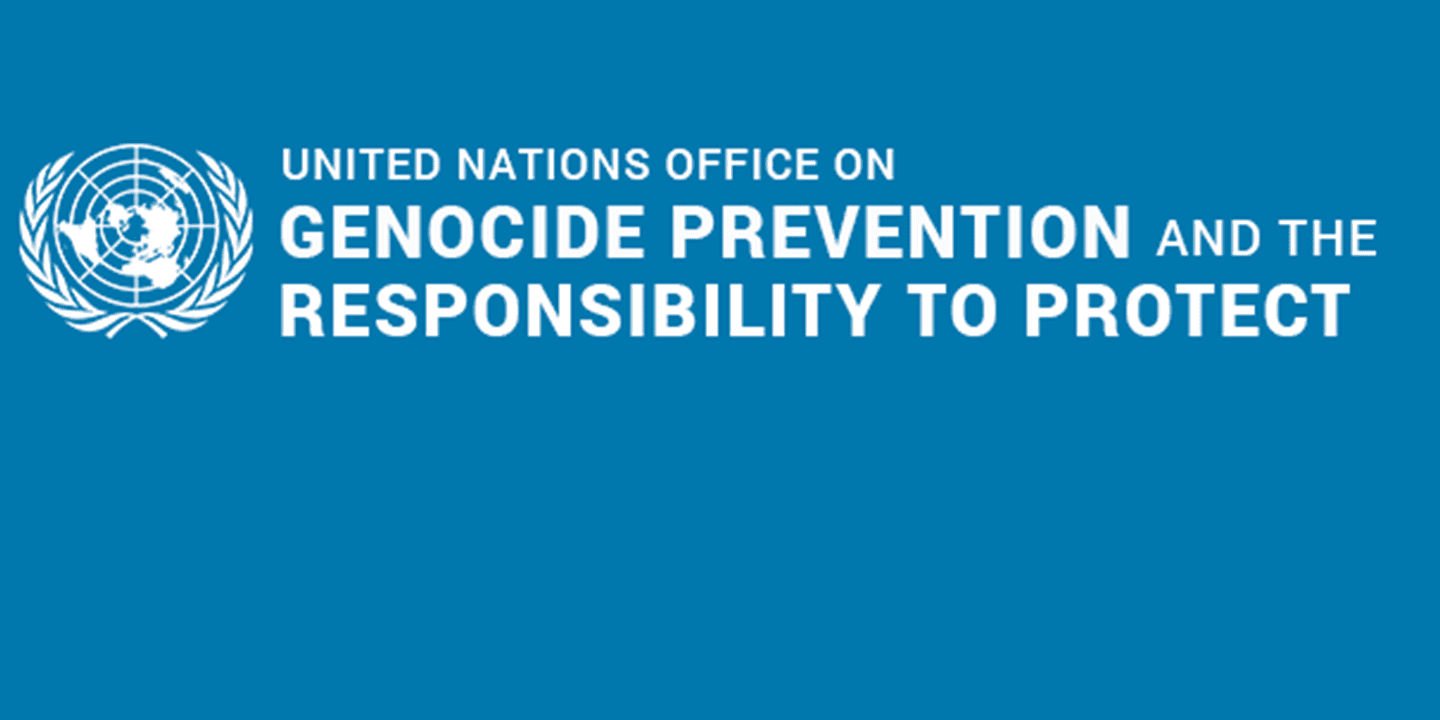
Statement by Ms. Alice Wairimu Nderitu, Special Adviser on the Prevention of Genocide on the decision by the International Residual Mechanism for Criminal Tribunals
United Nations Special Adviser on the Prevention of Genocide, Alice Wairimu Nderitu welcomed yesterday’s decision by the International Residual Mechanism for Criminal Tribunals in case of Stanišić and Simatović, upholding on appeal their previous convictions for atrocity crimes committed in the former Yugoslavia, including persecution as crime against humanity. This represents the last appeal judgment involving core atrocity crimes (genocide, war crimes and crimes against humanity) from the cases that started under the mandate of the International Criminal Tribunal for the former Yugoslavia.
The Special Adviser acknowledged the importance this represents to the many victims of the crimes committed during the conflict. “Accountability for past atrocity crimes, no matter how many years it takes, is a crucial step to give justice to victims and to be able to fully acknowledge and reckon with a history of atrocity crimes. I have been honoured during my visits to the region to be able to meet with victims and survivors of some of these horrific atrocities. It was their bravery in speaking out, in advocating for accountability and in providing their testimonies to the court that has made accountability possible.”
The Special Adviser noted the importance to preserve the legacy of the court by supporting awareness raising on the crimes committed and by promoting a greater understanding on their continued impact on reconciliation and peace in the region. The Special Adviser noted in particular the importance to address divisive narratives, including hate speech and denial of past atrocity crimes, including the Srebrenica genocide, as well as the glorification of perpetrators.
Such trends, that remain prevalent in the region, undermines justice, fosters division and mistrusts, and sets back efforts towards reconciliation. “We cannot let those who promote hate, distortion and division be louder than the voices of the victims, of the survivors and of the many people across the region who are promoting peace, truth and reconciliation. We must all speak out to amplify these positive voices”, the Special Adviser stressed.
The Special Adviser further noted the key role placed by education in addressing the legacies of atrocity crimes. “If divisive narratives are passed on to new generations through education and textbooks, we are passing on division and hate, representing a long-term threat to stability and security. The work of the ICTY, continued the IRMCT, provides a resource for awareness-raising and outreach to ensure that the lessons of the past are never forgotten.”